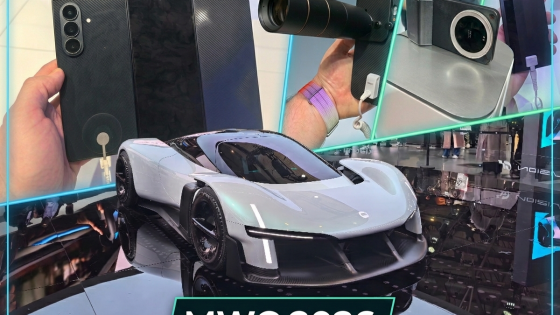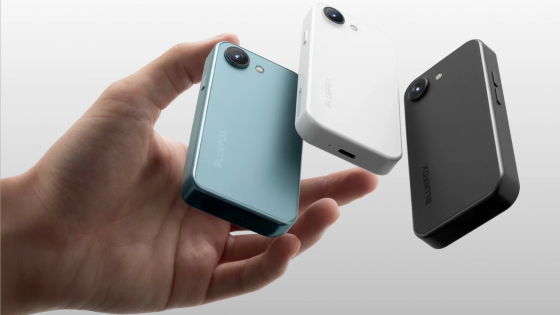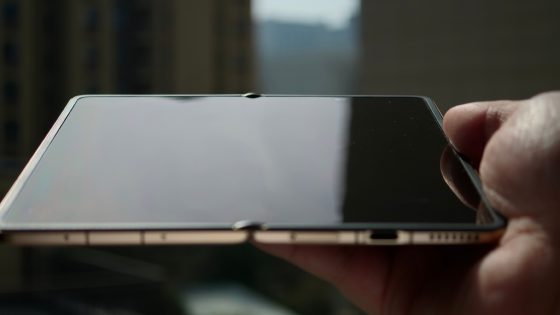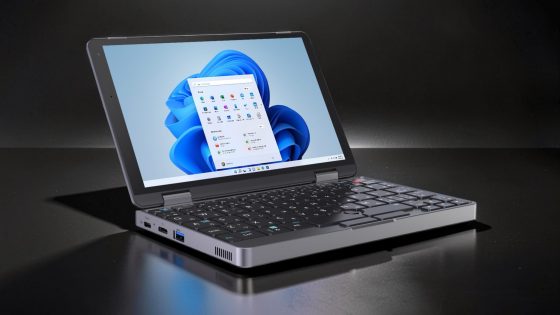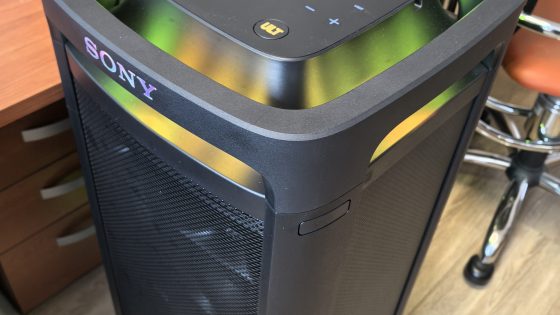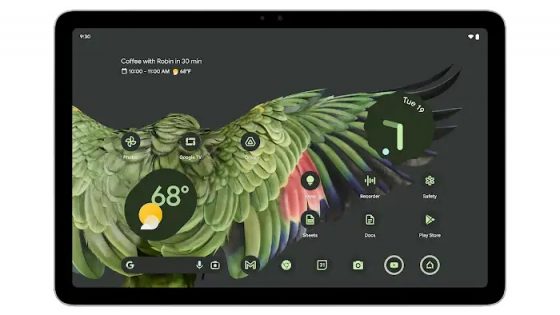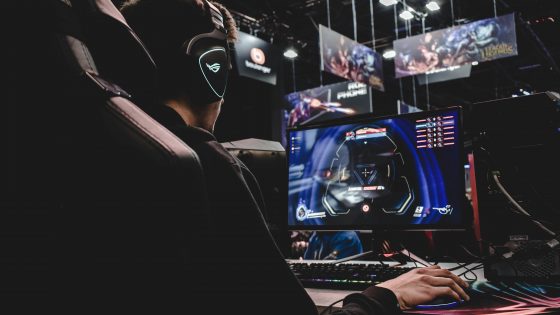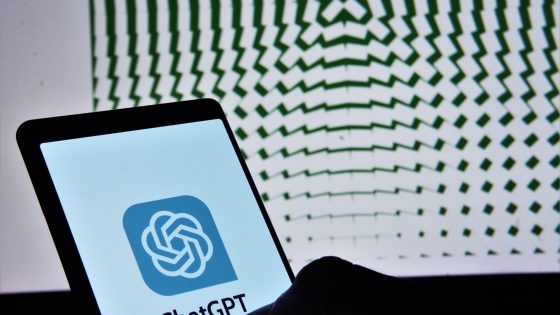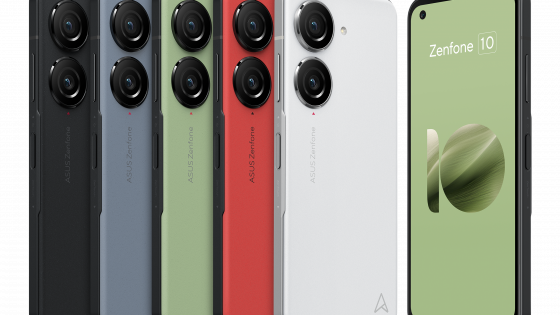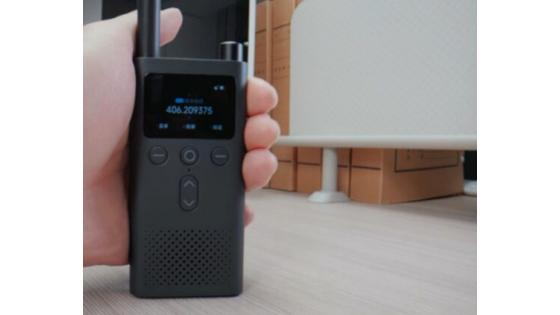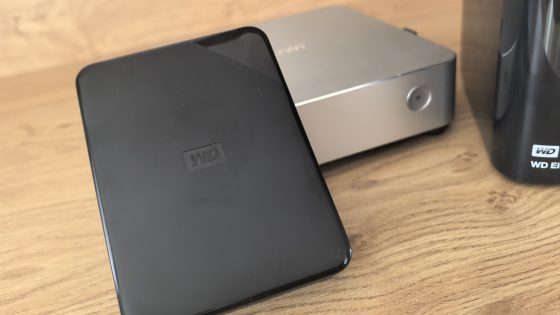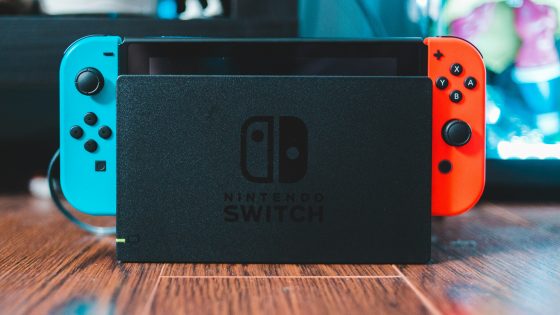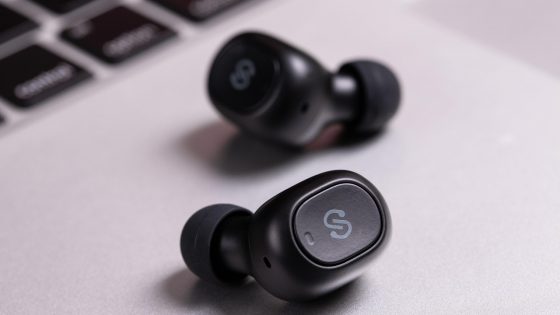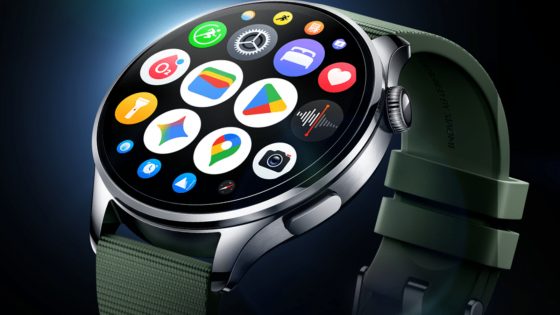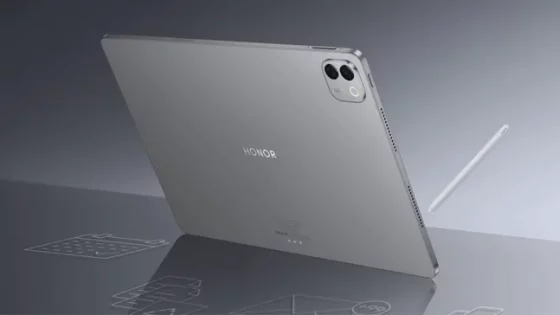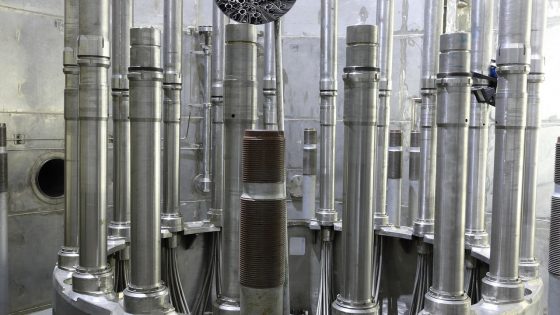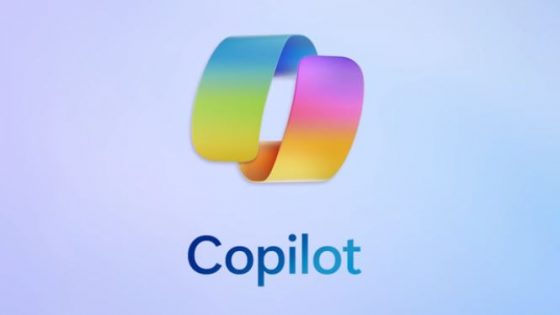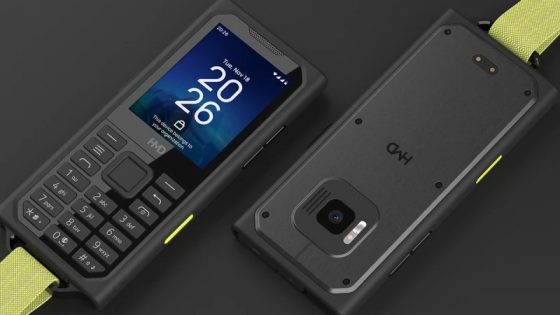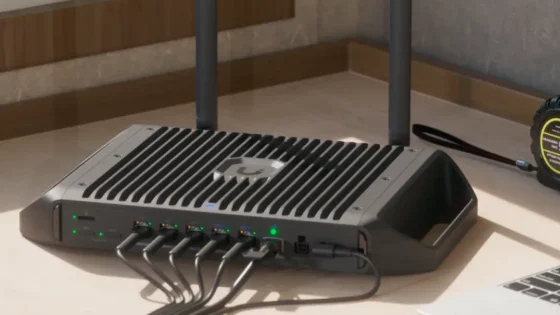All Copilot+ computers introduced so far
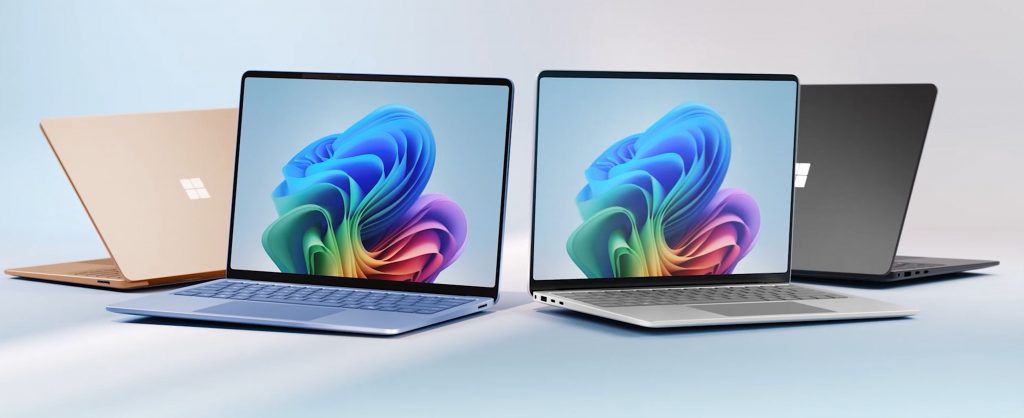
The age of artificial intelligence continues. Phones have been saturated with new AI features for months now, we've all been using ChatGPT and other big language models for two years now, and Microsoft has now kicked it into even higher gear. Copilot, created with the help of OpenAI, and the latest Qualcomm processors are at the forefront of this new era. On June 18, we got a brand new category of Windows computers, where the biggest emphasis is on artificial intelligence with local capabilities and less dependence on remote servers.
All of these computers feature, as mentioned, the new Qualcomm processor based on the Arm architecture, and in addition, NPU chips are at the forefront for performing artificial intelligence and machine learning tasks. Microsoft requires Copilot+ computers to have NPU chips with a minimum capacity of 40 TOPS (tera operations per second), at least 16 GB of RAM and 256 GB of storage space. All of the Copilot+ computers presented also have a dedicated button to turn on Copilot, and all of them are said to have incredibly long battery life.
What does it mean that we have a whole new category of computers? For most, nothing significant will change, at least not with the first generation of Copilot+ computers. What the new computers promise is a completely different interaction with computers - what we will do on them and how. With dozens of AI models integrated into them, Microsoft wants us to use them for deeper photo and video editing, translating live and recorded conversations, creating images, summarizing texts. Artificial intelligence is also supposed to help upgrade graphics while playing games, although the computers themselves are not originally intended for playing games, since they lack a dedicated graphics card.
That being said, most will wait until the initial frenzy surrounding the new computers subsides, and only then will they judge whether Copilot+ computers can improve their workday or enrich their free time.
Not all AI features will be available immediately, Microsoft wants to roll them out in stages, including the controversial Recall feature, which will record everything we do on the computer.
For now, there aren't many Copilot+ computers. Dell, Acer, ASUS, Samsung and HP are among the first to join Microsoft. All of them are already available on the other side of the pond, and some have already arrived in Europe. All of them promise that they will soon be available in Europe as well. Copilot+ computers with Intel processors are also coming, but the launch date is not yet known. The prices for the American market are known, but for Europe we can expect them to be a hundred or two more expensive.
Let's see which computers are already ready to use.
Microsoft Surface Laptop and Surface Pro
The new Surface Laptop was the first Copilot+ computer to be unveiled at Microsoft's event in May. As expected, the updated personal computer has all the artificial intelligence functions available, since it is a Microsoft toy after all. The Surface Laptop's screen can reach 600 nits of brightness, and it's available in 13.8-inch and 15-inch configurations. A full-resolution camera is built into the frame. Microsoft says the Notebook 80 % is faster than the previous generation, with a battery that can last up to 22 hours on a single charge, which is an almost unbelievable number. The price is 1000 US dollars.
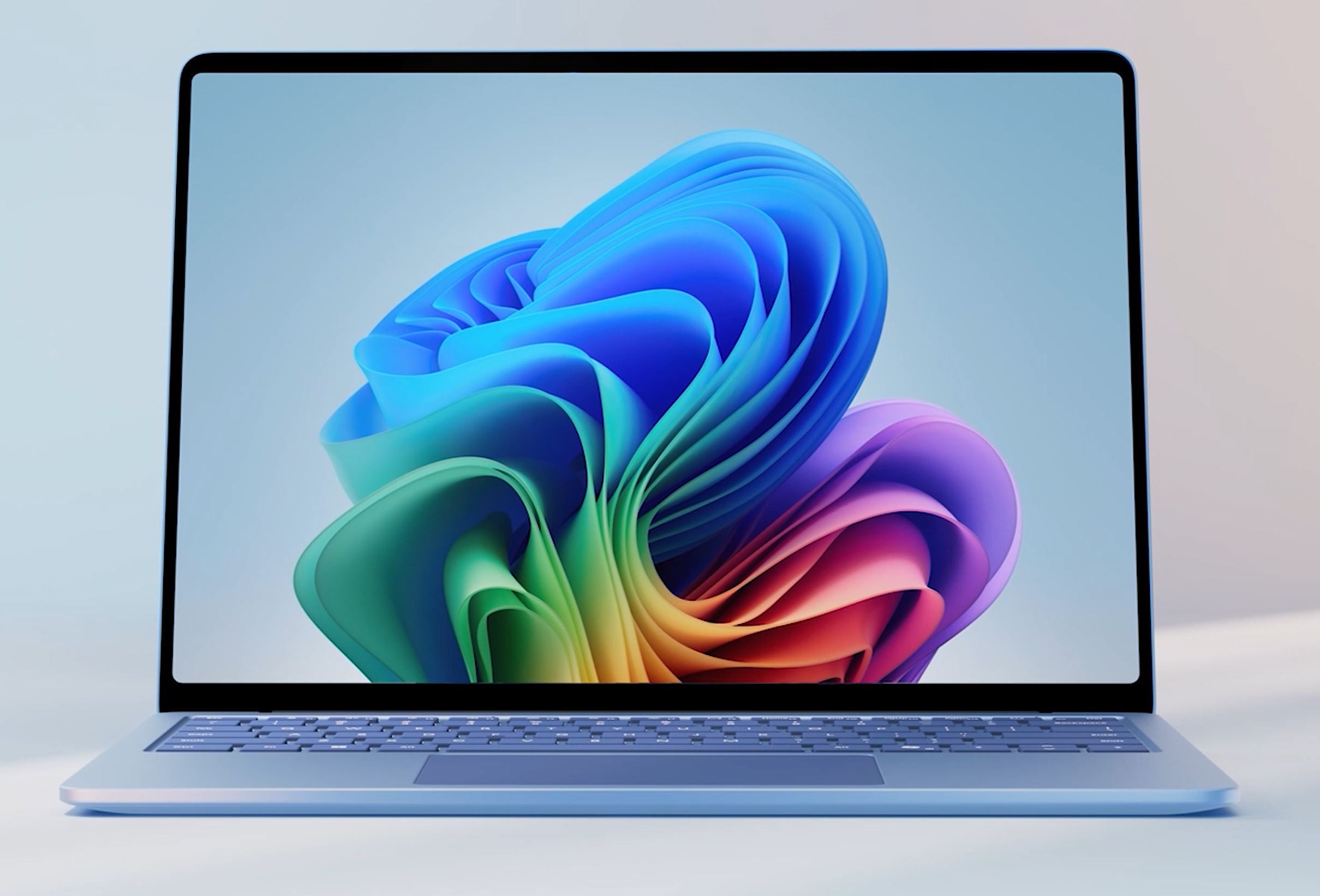
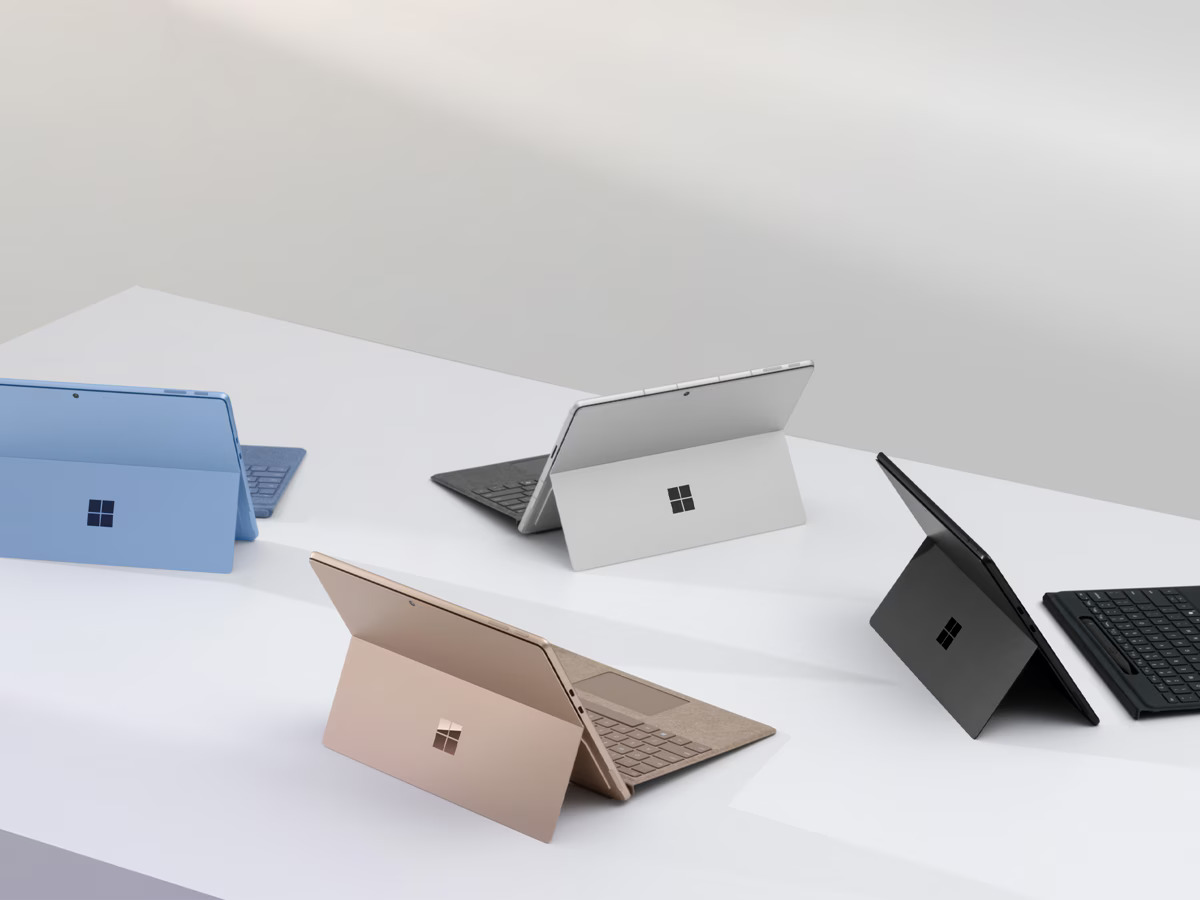
Microsoft Surface Pro is also said to be 90 % faster than its predecessor (Surface 9), and there is also an OLED version with a slightly more powerful Snapdragon X processor (12 cores instead of 10) and a redesigned keyboard that does not require a physical connection to a computer to operate all-in-one. There's also support for the new Wi-Fi 7, support for connecting multiple monitors, a front camera that Microsoft says is the best ever, and a rear camera that can record in 4K resolution. The basic price is 1,000 dollars, and for the OLED version it will be necessary to pay 5 greens more. In Germany, we spotted the OLED version for 1,700 euros.
Acer Swift 14 AI
Acer's Copilot+ has a 14.5-inch 2.5K display, Wi-Fi 7 support, and can be configured with up to 32GB of RAM and 1TB of storage. The aluminum chassis feels very sleek and slim, and the computer weighs just 1.36 kilograms. Acer also promises an extremely long battery life, up to 26 hours of use on a single charge. The NPU chip will be the same in all versions, with a performance rating of 45 TOPS, and the integrated graphics card is rated at 3.8 TFLOPS. The starting price is $1,100, and it will hit shelves in July. The 16GB/512GB version is available for pre-order at notebooksbilliger.de for €1,399.
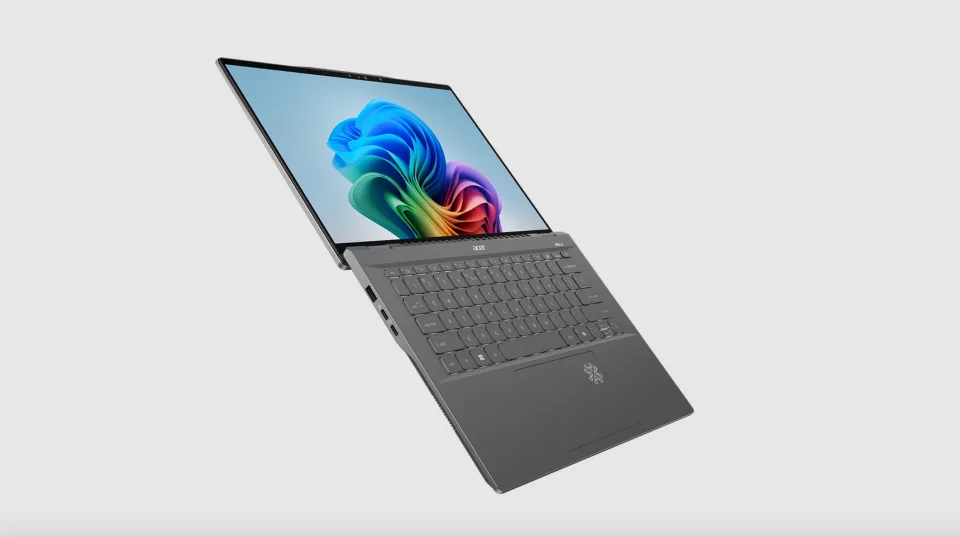
HP Omnibook X
After more than 20 years, HP has revived the Omnibook notebook family. The Omnibook X will of course be equipped with the most powerful Snapdragon X Elite chip with 12 cores and a top speed of 3.4 GHz. The Hexagon NPU chip will drive the artificial intelligence, and the built-in Adreno graphics will handle the rest of the graphics tasks. HP has added its AI assistant, which should help us take advantage of everything the new computer has to offer. Up to 32 GB of the latest RAM and even up to 2 TB of storage will be available.
The diagonal of the screen will be 14 inches, so it will be a more compact computer. The resolution is rated at 2.2K, and they praise the speakers with HP Audio Boost technology. The starting price is 1,150 dollars (about 1,300 euros in Germany).
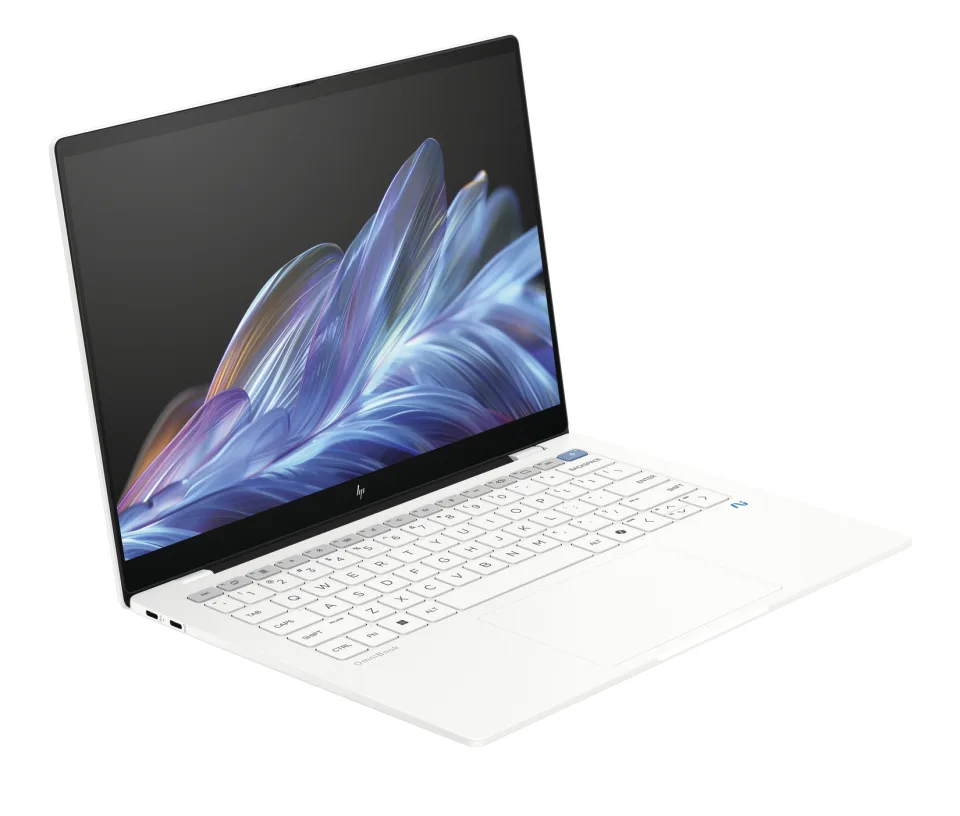
HP EliteBook Ultra G1q
In addition to the Omnibook, they introduced an even more business-oriented computer, the EliteBook Ultra. At the forefront is the Snadragon X Elite chip and the NPU chip with a capacity of more than 40 TOPS, which according to Microsoft standards means that all artificial intelligence functions will work quickly and flawlessly. Quite a few tasks, such as blurring the background during calls, will now be taken over by the NPU chip and thus relieve the processor at least a little.
The HP EliteBook Ultra G1q will also have advanced protection against phishing attacks and other malware attacks. Protection will be embedded right down to the firmware level. The 14-inch screen will have a resolution of 2.2K, and the battery will be able to charge 50 % in just 30 minutes. The promised battery life is more than 20 hours. There's 16GB of RAM, but it's soldered to the board, so it won't be upgradable. The starting price is 1700 dollars.
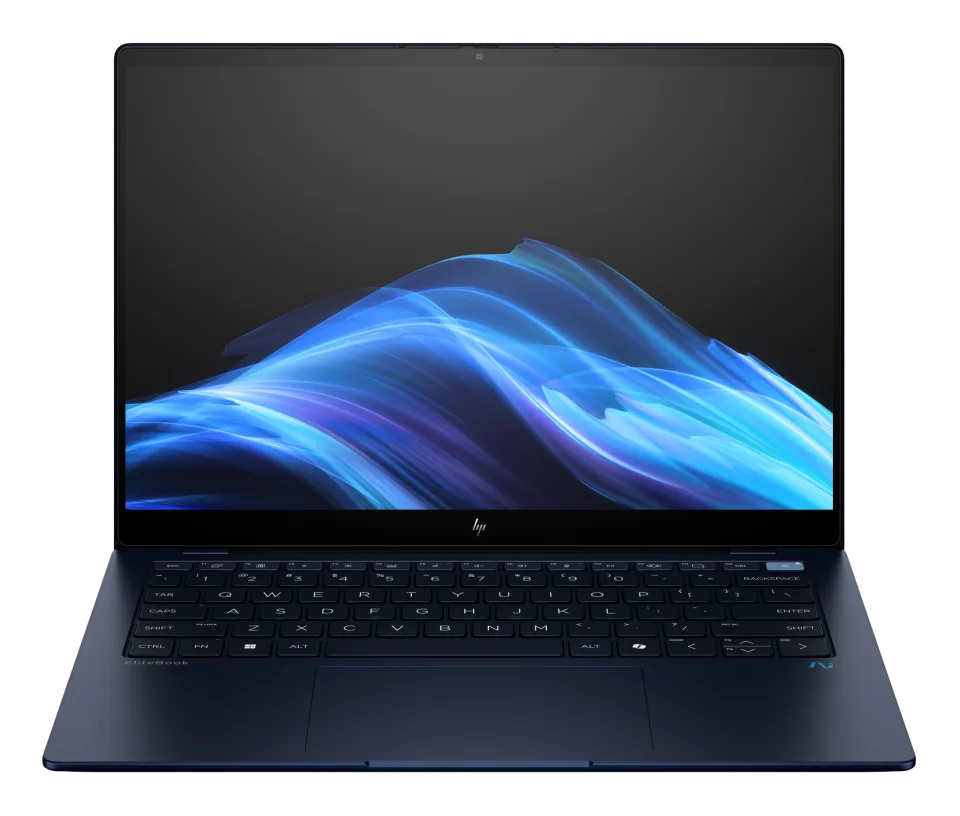
Samsung Galaxy Book4 Edge
The Samsung Galaxy Book series of computers will also get a refresh from Microsoft. Several versions will be available, from 14- to 16-inch AMOLED screens with impressive 3K resolution and 120 Hz refresh rate. They will be powered by the Snapdragon X Elite, and Samsung has also been relatively generous with the connectors: HDMI 2.1, 2x USB-C, headphone jack, and larger versions will also have a microSD card reader, a USB-A connector, and a numeric keypad. The starting price is 1,350 dollars, and we found a version with a 16GB/512GB configuration on the German market for around 1,700 euros.
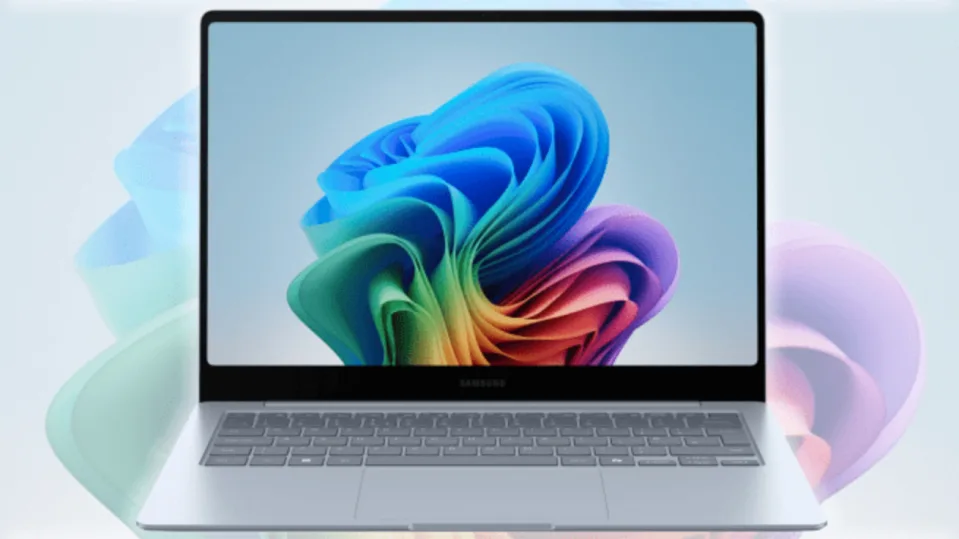
ASUS Vivobook S 15
Despite the 15.6-inch screen, the ASUS Vivobook S 15 is relatively thin, and the main advantage is definitely the AI functions that ASUS has added in addition to the co-pilot. AiSense is a camera feature that automatically detects when the user is looking at the screen. When the user looks away from the screen, the brightness of the screen is automatically reduced. The same function also controls the locking of the computer when it is not in use. There will also be a StoryCube function that will help organize files, images and recordings.
The screen will be OLED with 3K resolution, the speakers are tuned by Harman Kardon, the battery should last 18 hours, and the starting price is 1,300 dollars.
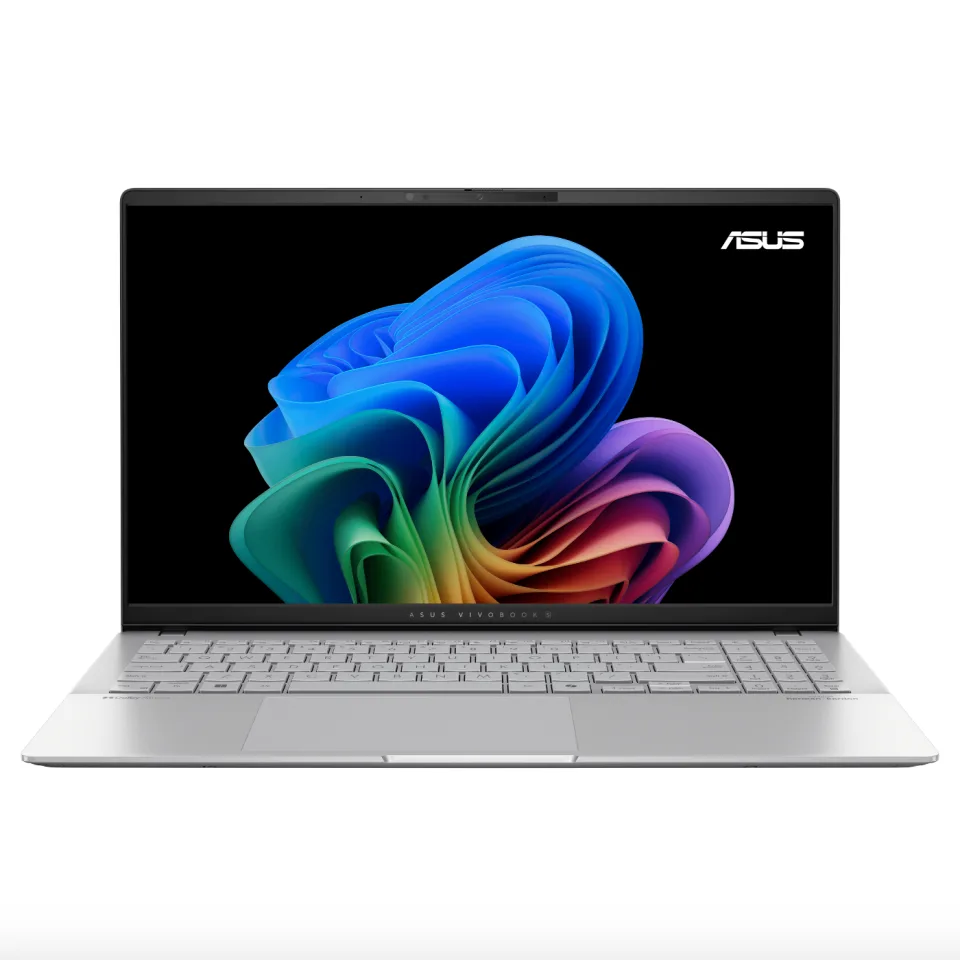
Dell went all or nothing
Dell clearly believes that artificial intelligence is a compelling enough reason for customers to snap up anything they make. They prepared quite a few Copilot+ computers.
The Dell XPS 13 will have the latest chip from Qualcomm, an aluminum body, a 3K display, up to 64GB of RAM and 2TB of storage. The starting price is 1300 dollars.
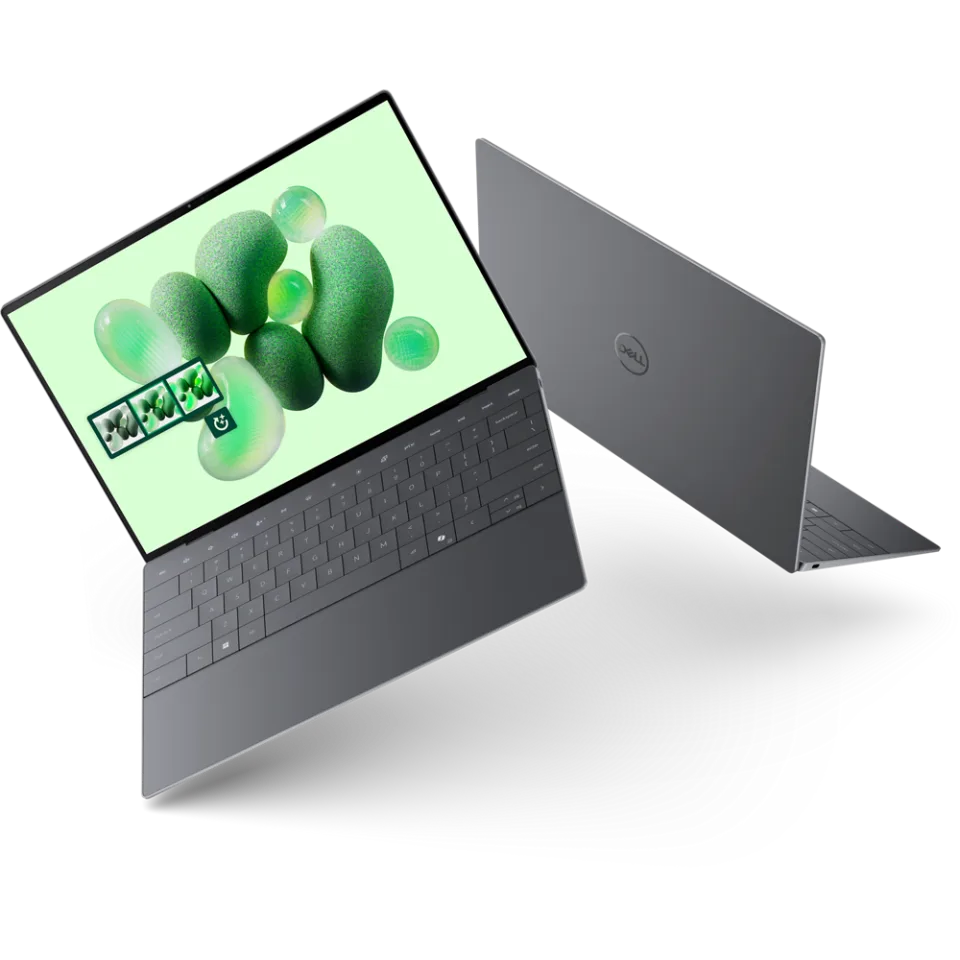
Copilot and Qualcomm also got a place in the Inspiron series. The Inspiron 14 and 14 Plus are the first to feature features and chips from both companies. The Plus version has a slightly more powerful processor, but more, including the price, will be known in the coming months.
For business people, the Latitude 5455 and Latitude 7455 have been refreshed. They will be powered by the Snapdragon X Plus chip with the option to upgrade to the X Elite chip in the 7455 model. so far.
That's all the Copilot+ computers featured for now. There is certainly a lot of interest. Some would like to test the new chip, others are more focused on artificial intelligence. We at the editorial office also hope to get our hands on at least one of the mentioned computers.



